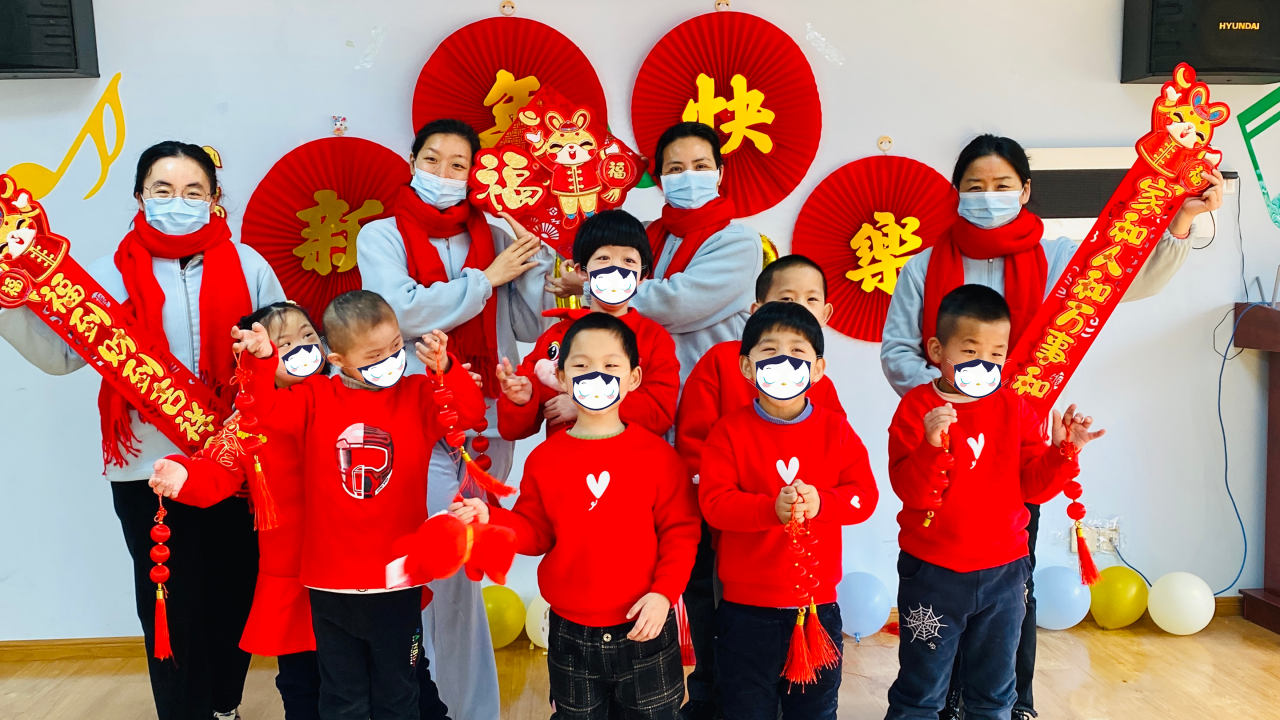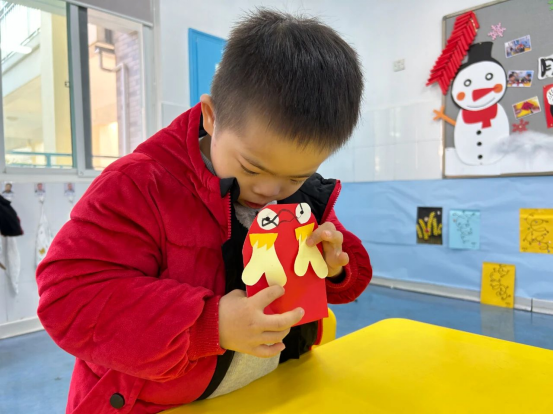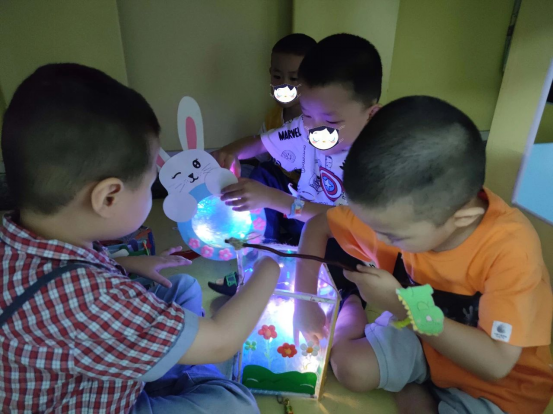

With the development of early educa-tion, more and more teachers recognize that the importance of festivals in young children’s lives is supreme. These spe-cial occasions are perfect time for child-ren to learn to make delicacies, (like Zongzi during the Dragon Boat Festival and mooncake on the Mid-autumn Day) , join in celebrations, and enrich their life with knowledge about traditional culture.
Why do these festival activities matter to the children?
The earlier traditional culture is passed down, the better. As the great Chinese teacher and philosopher Confucius said, we should always have moral integrity and good manners. In other words, we need teach our young children to behave themselves and strive for the good. When children engage in festival activities like decorating, hand-crafting, singing, and dancing to folk songs together, they develop their imagination, creativity and hands-on skills, all while having fun.

We often say that we need promote children’s physical, language, cognitive, and social-emotional skills. All these areas of develop-ment are equally important for the children, but social-emotional development is often the most neglected during infancy and early childhood, which affect other developmental areas and even the entire life of the children. Festivals bring people together and offer young children splendid opportunities to connect, share and bond with their extended families, neighbors, and friends. As a result, they can learn good social behaviors and grow more confident.
Networking and interacting with others on festival occasions also contribute to child-ren’s language development.
Festivals are significant days on which peo-ple savor the beautiful moments of their life and create happy memories. They are the perfect occasions to help young children develop secure attachment with their loved ones, which is the most critical bond they need to thrive in their early years of life.

Of course, design of festival activities should be based on the ages and developmental levels of the young children. We need give the infants and toddlers as many opportunities as possible to explore, feel, observe, interact with adults and learn by themselves so they could develop their fullest potentials.